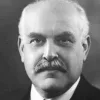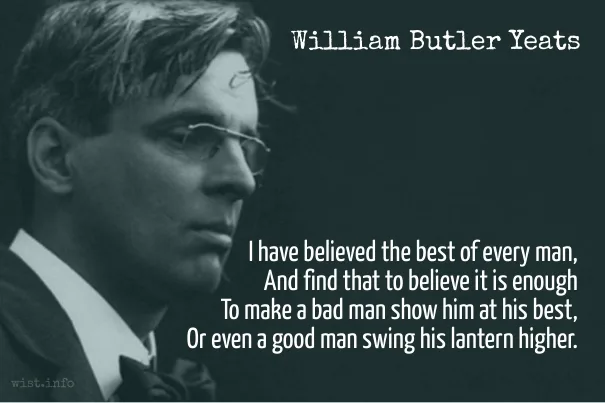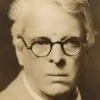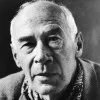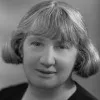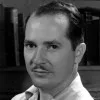A pessimist looks at his glass and says it is half empty; an optimist looks at it and says it is half full.
Josiah Stamp (1880-1941) English industrialist, economist, statistician, banker
Comment (1935)
There is substantial evidence that Stamp used this now-cliched phrase, or variations of it, on multiple spoken occasions in 1935, the earliest references I could find.
- The Railway Service Journal (later Transport Salaried Staff Journal) mentions 1935 after-dinner remarks by Stamp: "After dinner, Sir Josiah Stamp defined an optimist as 'the man who looks at his glass and says it is half full,' and the pessimist as 'the man who looks at it and says it is half empty.'" [Source]
- Similarly, the Bristol Chamber of Commerce Journal mentions a 1935 speech: "A pessimist is a man who looks at the glass and describes it as half empty, and an optimist is a man who describes it as half full. It is all a question of the point of view." [Source]
- A New York Times article (12 Nov 1935) includes "I came recently upon a graphic distinction drawn by Sir Josiah Stamp between an optimist and a pessimist," followed by the phrasing noted at the top. [Source, Source]
Quotations about:
optimist
Note not all quotations have been tagged, so Search may find additional quotes on this topic.
There are two kinds of Friends in our Society, and two kinds of people in the world: there are therefore people, and there are however people. Therefore people say, “There are children going to bed hungry in our community, Therefore …” and they proceed to devise and define the ways in which they can meet the need in their community. However people make the same beginning statement, “There are children going to bed hungry in our community,” but they follow that statement with, “However …” and they explain why nothing can be done about it.
I don’t want to be bitter about life — about love and friendship and all the human emotional entanglements. I’ve had more than my share of human disappointments, deprivations, disillusionment. I want to love people and life above all; I want to be able to say always, “if you feel bitter or disillusioned, there is something wrong with yourself, not with people, not with life.”
Optimism is the faith that leads to achievement; nothing can be done without hope.
If I should try to say anew the creed of the Optimist, I should say something like this: “I believe in God, I believe in Man, I believe in the power of the spirit, I believe we should so act that we may draw nearer and more near the age when no man shall live at his ease while another suffers.”
Although the world is full of suffering, it is full also of the overcoming of it. My optimism, then, does not rest on the absence of evil, but on a glad belief in the preponderance of good and a willing effort always to cooperate with the good, that it may prevail. I try to increase the power God has given me to see the best in everything and every one, and make that Best a part of my life.

